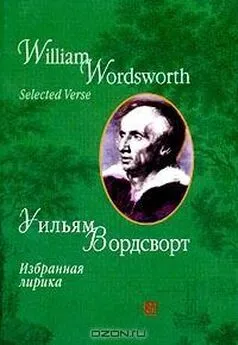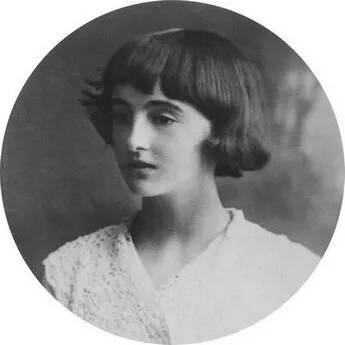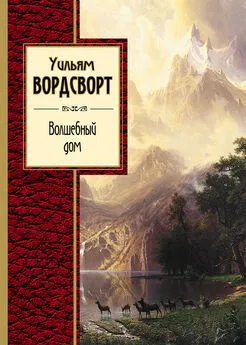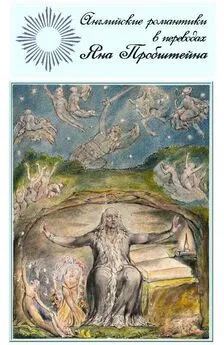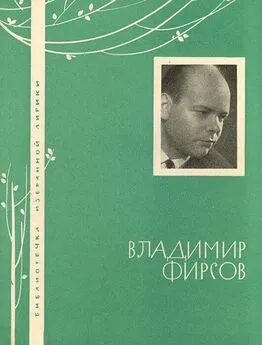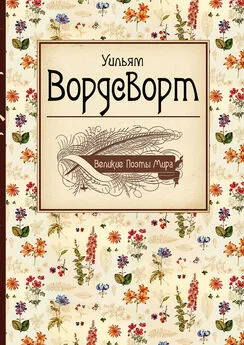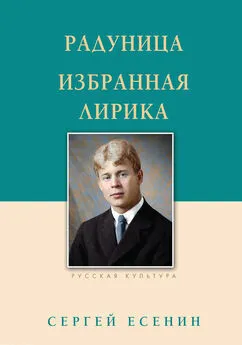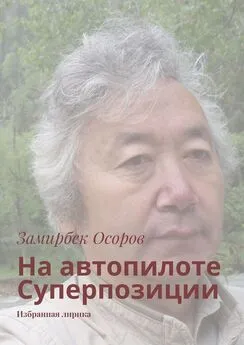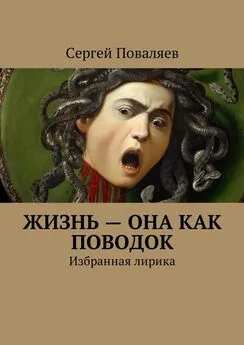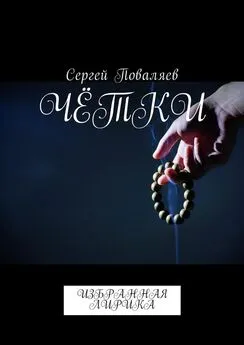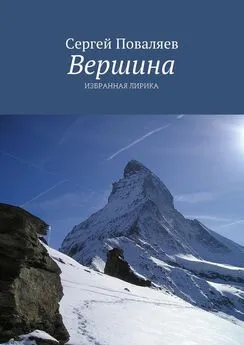Уильям Вордсворт - Избранная лирика
- Название:Избранная лирика
- Автор:
- Жанр:
- Издательство:неизвестно
- Год:неизвестен
- ISBN:нет данных
- Рейтинг:
- Избранное:Добавить в избранное
-
Отзывы:
-
Ваша оценка:
Уильям Вордсворт - Избранная лирика краткое содержание
Родился в Кокермаунде (Кемберленд) в семье юриста. Рано остался без родителей. Учился в Кембридже. Жил во Франции и Италии. Вернувшись в Лондон опубликовал первую книгу стихов (1793). Вместе с Кольриджем издал "Лирические баллады" (1798) В предисловии ко второму изданию этой книги (написано также вместе с Кольриджем) изложил эстетическую программу "Озерной школы".. Писал поэмы, оды, драмы, прозу. Получил звание Поэт Лауреат (1843) Написал 535 сонетов (в 1802–1846 гг)
Избранная лирика - читать онлайн бесплатно полную версию (весь текст целиком)
Интервал:
Закладка:
"My stockings there I often knit,
My kerchief there I hem;
And there upon the ground I sit,
And sing a song to them.
"And often after sunset, Sir,
When it is light and fair,
I take my little porringer,
And eat my supper there.
"The first that died was sister Jane;
In bed she moaning lay,
Till God released her of her pain;
And then she went away.
"So in the church-yard she was laid;
And, when the grass was dry,
Together round her grave we played,
My brother John and I.
"And when the ground was white with snow,
And I could run and slide,
My brother John was forced to go,
And he lies by her side."
"How many are you, then," said I,
"If they two are in heaven?"
Quick was the little Maid's reply,
"O Master! we are seven."
"But they are dead; those two are dead!
Their spirits are in heaven!"
Twas throwing words away; for still
The little Maid would have her will,
And said, "Nay, we are seven!"
НАС СЕМЕРО [24] Перевод И. Козлова
Легко радушное дитя
Привыкшее дышать,
Здоровьем, жизнию цветя,
Как может смерть понять?
Навстречу девочка мне шла:
Лет восемь было ей;
Ее головку облегла
Струя густых кудрей.
И дик был вид ее степной,
И дик простой наряд,
И радовал меня красой
Малютки милый взгляд.
"Всех сколько вас, — ей молвил я, —
И братьев, и сестер?"
— Всего? Нас семь! — и, на меня
Дивясь, бросает взор.
"А где ж они?" — Нас семь всего, —
В ответ малютка мне. —
Нас двое жить пошли в село
И два на корабле.
И на кладбище брат с сестрой
Лежат из семерых,
А за кладбищем я с родной:
Живем мы подле них.
"Как? Двое жить в село пошли,
Пустились двое плыть,
А вас все семь! Дружок, скажи,
Как это может быть?"
— Нас семь, нас семь! — она тотчас
Опять сказала мне.
— Здесь на кладбище двое нас
Под ивою в земле.
"Ты бегаешь вокруг нее,
Ты видно, что жива;
Но вас лишь пять, дитя мое,
Когда под ивой два".
— На их гробах земля в цветах,
И десяти шагов
Нет от дверей родной моей
До милых нам гробов.
Я часто здесь чулки вяжу,
Платок мой здесь рублю,
И подле их могил сижу,
И песни им пою.
И если позднею порой
Светло горит заря,
То, взяв мой сыр и хлеб с собой,
Здесь ужинаю я.
Малютка Дженни день и ночь
Томилася, больна;
Но Бог ей не забыл помочь —
И спряталась она.
Когда ж ее мы погребли
И расцвела земля —
К ней на могилку мы пришли
Резвиться, Джон и я.
Но только дождалась зимой
Коньков я и саней,
Ушел и Джон, братишка мой,
И лег он рядом с ней.
"Так сколько ж вас?" — был мой ответ. —
На небе двое, верь!
Вас только пять". — О, барин, нет!
Сочти — нас семь теперь.
"Да нет уж двух: они в земле,
А души в небесах!"
Но был ли прок в моих словах?
Все девочка твердила мне:
— О нет, нас семь, нас семь!
LINES WRITTEN IN EARLY SPRING
I heard a thousand blended notes,
While in a grove I sate reclined,
In that sweet mood when pleasant thoughts
Bring sad thoughts to the mind.
To her fair works did Nature link
The human soul that through me ran;
And much it grieved my heart to think
What man has made of man.
Through primrose tufts, in that green bower,
The periwinkle trailed its wreaths;
And 'tis my faith that every flower
Enjoys the air it breathes.
The birds around me hopped and played,
Their thoughts I cannot measure: —
But the least motion which they made
It seemed a thrill of pleasure.
The budding twigs spread out their fan,
To catch the breezy air;
And I must think, do all I can,
That there was pleasure there.
If this belief from heaven be sent,
If such be Nature's holy plan,
Have I not reason to lament
What man has made of man?
СТРОКИ, НАПИСАННЫЕ РАННЕЮ ВЕСНОЙ [25] Перевод И. Меламеда
В прозрачной роще, в день весенний
Я слушал многозвучный шум.
И радость светлых размышлений
Сменялась грустью мрачных дум.
Все, что природа сотворила,
Жило в ладу с моей душой.
Но что, — подумал я уныло, —
Что сделал человек с собой?
Средь примул, полных ликованья,
Барвинок нежный вил венок.
От своего благоуханья
Блаженствовал любой цветок.
И, наблюдая птиц круженье, —
Хоть и не мог их мыслей знать, —
Я верил: каждое движенье
Для них — восторг и благодать.
И ветки ветра дуновенье
Ловили веером своим.
Я не испытывал сомненья,
Что это было в радость им.
И коль уверенность моя —
Не наваждение пустое,
Так что, — с тоскою думал я, —
Что сделал человек с собою?
THE THORN
I
"There is a Thorn — it looks so old,
In truth, you'd find it hard to say
How it could ever have been young,
It looks so old and grey.
Not higher than a two years' child
It stands erect, this aged Thorn;
No leaves it has, no prickly points;
It is a mass of knotted joints,
A wretched thing forlorn,
It stands erect, and like a stone
With lichens is it overgrown.
II
"Like rock or stone, it is o'ergrown,
With lichens to the very top,
And hung with heavy tufts of moss,
A melancholy crop:
Up from the earth these mosses creep,
And this poor Thorn they clasp it round
So close, you'd say that they are bent
With plain and manifest intent
To drag it to the ground;
And all have joined in one endeavour
To bury this poor Thorn for ever.
III
"High on a mountain's highest ridge,
Where oft the stormy winter gale
Cuts like a scythe, while through the clouds
It sweeps from vale to vale;
Not five yards from the mountain path,
This Thorn you on your left espy;
And to the left, three yards beyond,
You see a little muddy pond
Of water-never dry
Though but of compass small, and bare
To thirsty suns and parching air.
IV
"And, close beside this aged Thorn,
There is a fresh and lovely sight,
A beauteous heap, a hill of moss,
Just half a foot in height.
All lovely colours there you see,
All colours that were ever seen;
And mossy network too is there,
As if by hand of lady fair
The work had woven been;
And cups, the darlings of the eye,
So deep is their vermilion dye.
V
"Ah me! what lovely tints are there
Of olive green and scarlet bright,
In spikes, in branches, and in stars,
Green, red, and pearly white!
This heap of earth o'ergrown with moss,
Which close beside the Thorn you see,
So fresh in all its beauteous dyes,
Is like an infant's grave in size,
As like as like can be:
But never, never any where,
An infant's grave was half so fair.
VI
"Now would you see this aged Thorn,
This pond, and beauteous hill of moss,
You must take care and choose your time
The mountain when to cross.
For oft there sits between the heap
So like an infant's grave in size,
And that same pond of which I spoke,
A Woman in a scarlet cloak,
And to herself she cries,
'Oh misery! oh misery!
Oh woe is me! oh misery!'"
VII
"At all times of the day and night
This wretched Woman thither goes;
And she is known to every star,
And every wind that blows;
And there, beside the Thorn, she sits
When the blue daylight's in the skies,
And when the whirlwind's on the hill,
Or frosty air is keen and still,
And to herself she cries,
'Oh misery! oh misery!
Oh woe is me! oh misery!'"
VIII
"Now wherefore, thus, by day and night,
In rain, in tempest, and in snow,
Thus to the dreary mountain-top
Does this poor Woman go?
And why sits she beside the Thorn
When the blue daylight's in the sky
Or when the whirlwind's on the hill,
Or frosty air is keen and still,
And wherefore does she cry? —
О wherefore? wherefore? tell me why
Does she repeat that doleful cry?"
IX
"I cannot tell; I wish I could;
For the true reason no one knows:
But would you gladly view the spot,
The spot to which she goes;
The hillock like an infant's grave,
The pond-and Thorn, so old and grey;
Pass by her door — 'tis seldom shut —
And, if you see her in her hut —
Then to the spot away!
I never heard of such as dare
Approach the spot when she is there."
Интервал:
Закладка:
